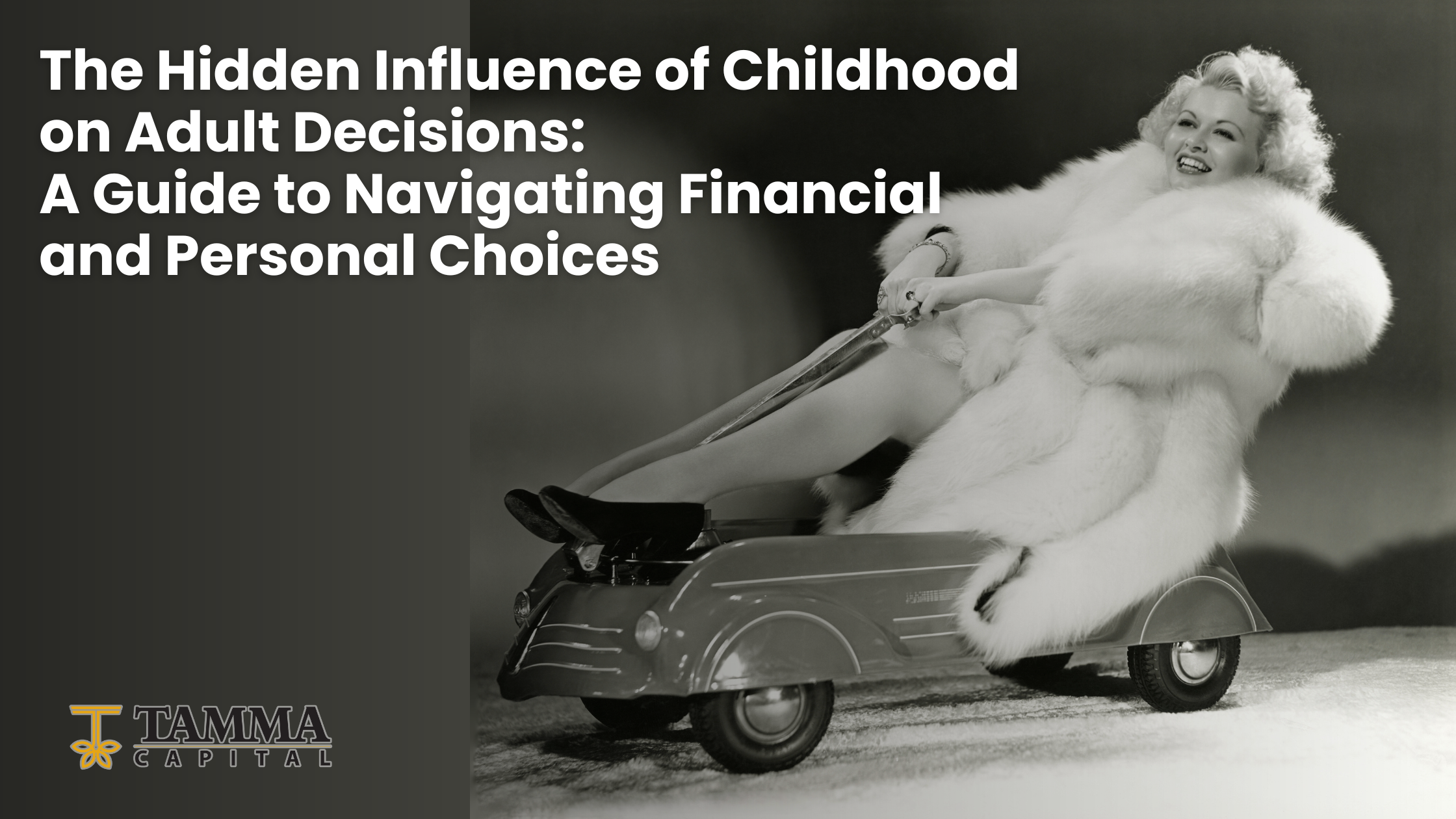The Hidden Influence of Childhood on Adult Decisions: A Guide to Navigating Financial and Personal Choices
Life’s journey is profoundly influenced by the circumstances of our birth. From our financial decisions to the choices we make about our careers and relationships, our early life experiences often set the stage for how we navigate adulthood. Understanding how these factors impact our lives can be the key to unlocking a more intentional and fulfilling path forward.
The Impact of Early Life Circumstances on Financial Decisions
Our financial behaviors are often rooted in the environment and circumstances we experienced growing up. For many, childhood experiences with money shape their approach to budgeting, saving, and spending as adults.
Family Financial Dynamics
The way our families handled money during our formative years can deeply affect our own financial habits. For instance, children from families that prioritized saving and frugality are more likely to adopt similar behaviors. Conversely, those from backgrounds marked by financial instability may develop a different set of financial coping mechanisms, such as impulsive spending or excessive risk-taking.
Socioeconomic Background
Socioeconomic status during childhood plays a critical role in shaping future financial decisions. Children from affluent families might have different attitudes toward wealth and risk compared to those from lower-income backgrounds. This can influence their career choices, investment strategies, and overall financial goals.
Education and Opportunities
The quality of education and opportunities available during youth also impacts financial decision-making. Those who had access to quality education and career guidance are more likely to pursue higher-paying careers and make informed financial choices.
The Role of Personal Identity and Self-Perception
Our self-perception and identity, often shaped by early life experiences, play a significant role in how we approach major life decisions. This includes career choices, relationship dynamics, and personal growth.
Career Choices and Ambitions
Individuals often pursue careers that align with their early interests and experiences. For example, someone who grew up in a family of entrepreneurs might be more inclined to start their own business. On the other hand, those with early exposure to certain professions might feel more confident and driven to follow similar paths.
Relationship Patterns
Early experiences with family and relationships can influence our approach to romantic relationships and friendships. For instance, someone who witnessed supportive and loving relationships in their family might seek similar dynamics in their own relationships. Conversely, experiences of conflict or instability can shape one's expectations and behaviors in personal relationships.
Personal Growth and Self-Esteem
Our sense of self and personal growth is often influenced by early life experiences. Those who experienced encouragement and support may develop higher self-esteem and a more positive outlook on life. This can lead to greater confidence in pursuing personal goals and overcoming challenges.
Strategies to Reevaluate and Improve Financial and Life Decisions
Understanding how early life circumstances shape your decisions is the first step toward making more intentional choices. Here are some strategies to help you reevaluate and improve your financial and life decisions:
Reflect on Your Financial History
Take time to reflect on your financial upbringing and how it might be influencing your current behaviors. Consider keeping a journal to track your spending habits, savings patterns, and financial goals. Identifying patterns can help you understand whether they are serving you well or if adjustments are needed.
Set Clear Financial Goals
Establishing clear financial goals can help you create a roadmap for your financial future. Whether it’s saving for retirement, buying a home, or paying off debt, having specific goals can guide your decisions and keep you focused.
Seek Professional Guidance
Consulting with a financial advisor or counselor can provide valuable insights and strategies for improving your financial situation. A professional can help you develop a customized plan based on your unique circumstances and goals.
Pursue Personal Development
Invest in personal development to enhance your self-awareness and growth. This might include reading self-help books, attending workshops, or engaging in activities that build your confidence and skills.
Reassess Career Goals
Periodically reassess your career goals and ambitions. Consider whether your current career path aligns with your interests and values. If not, explore new opportunities that might better reflect your evolving aspirations.
Build Healthy Relationships
Focus on building and maintaining healthy relationships. Surround yourself with supportive and positive individuals who encourage your personal and professional growth.
Embracing a Mindful Approach to Decision-Making
Understanding the impact of your early life circumstances on your decisions is not about assigning blame but about gaining awareness and control. By acknowledging these influences, you can make more mindful choices that align with your values and aspirations.
Taking a proactive approach to understanding and shaping your financial and life decisions empowers you to create a future that reflects your true desires and goals. Embrace the opportunity to make intentional choices and live a life that aligns with your authentic self.

